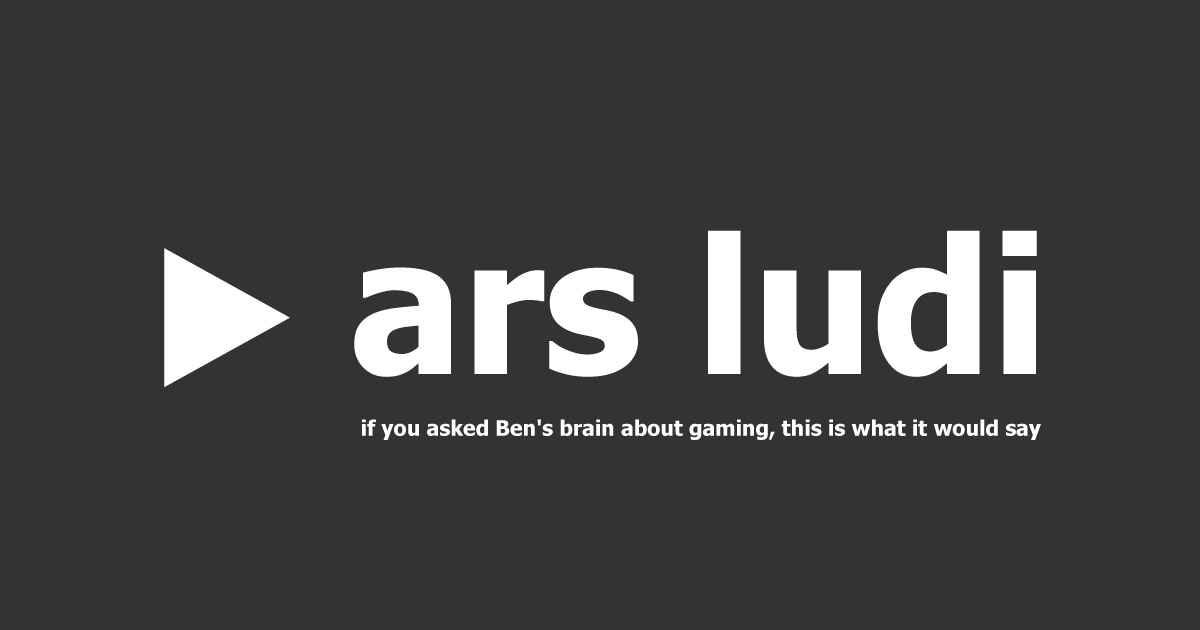Gary Gygax, DMG p80-81 wrote:
It is a game in which the continuing epic is the most meaningful portion. It becomes an entity in which at least some of the characters seem to be able to survive for an indefinite time, and characters who have shorter spans of existence are linked one to the other by blood or purpose. These personae put up with the frustrations, the setbacks, and the tragedies because they aim for and can reasonably expect to achieve adventure, challenge, wealth, glory and more. If player characters are not of the same stamp as Conan, they also appreciate that they are in effect writing their own adventures and creating their own legends, not merely reliving those of someone else's creation.
Yet because the player character is all-important, he or she must always--or nearly always - have a chance, no matter how small, a chance of somehow escaping what otherwise would be inevitable destruction. Many will not be able to do so, but the escapes of those who do are what the fabric of the game is created upon. These adventures become the twice-told tales and legends of the campaign. The fame (or infamy) of certain characters gives lustre to the campaign and enjoyment to player and DM alike as the parts grow and are entwined to become a fantastic history of a never-was world where all of us would wish to live if we could.
Someone once sharply criticized the concept of the saving throw as ridiculous. Could a man chained to a rock, they asked, save himself from the blast of a red dragon's breath? Why not?, I replied. If you accept fire breathing dragons, why doubt the chance to reduce the damage sustained from such a creature's attack? Imagine that the figure, at the last moment,of course, manages to drop beneath the licking flames, or finds a crevice in which to shield his or her body, or succeeds in finding a way to be free of the fetters. Why not? The mechanics of combat or the details of the injury caused by some horrible weapon are not the key to heroic fantasy and adventure games. It is the character, how he or she becomes involved in the combat, how he or she somehow escapes ~ or fails to escape- the mortal threat which is important to the enjoyment and longevity of the game.



